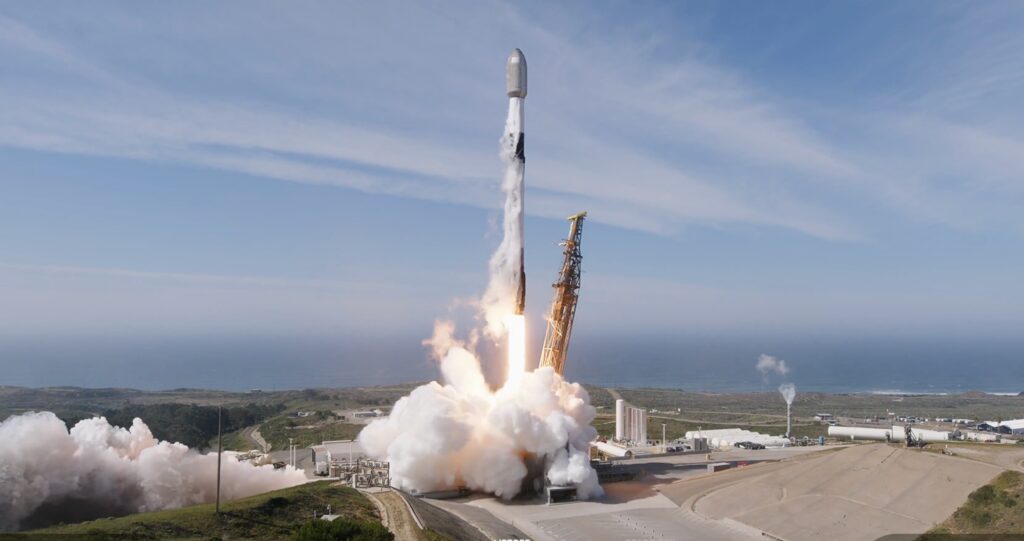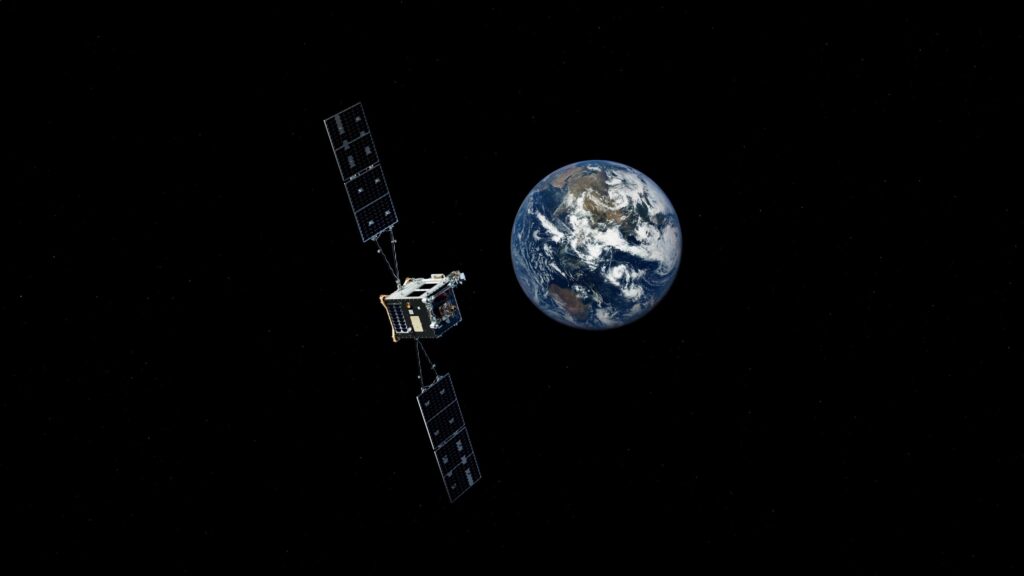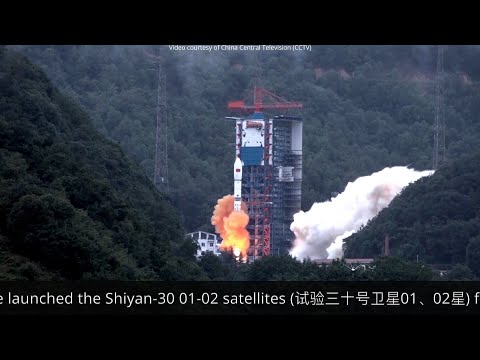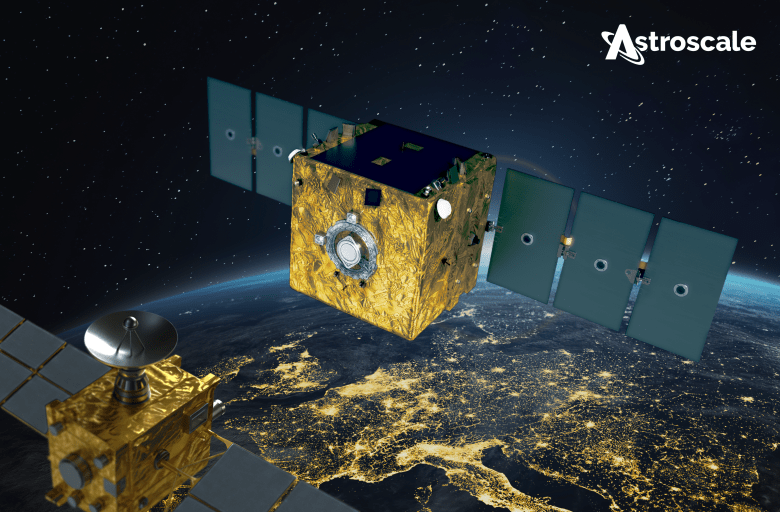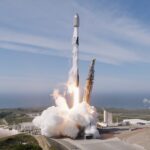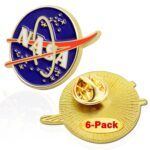Now Reading: Firefly Alpha booster destroyed in ground test
-
01
Firefly Alpha booster destroyed in ground test
Firefly Alpha booster destroyed in ground test
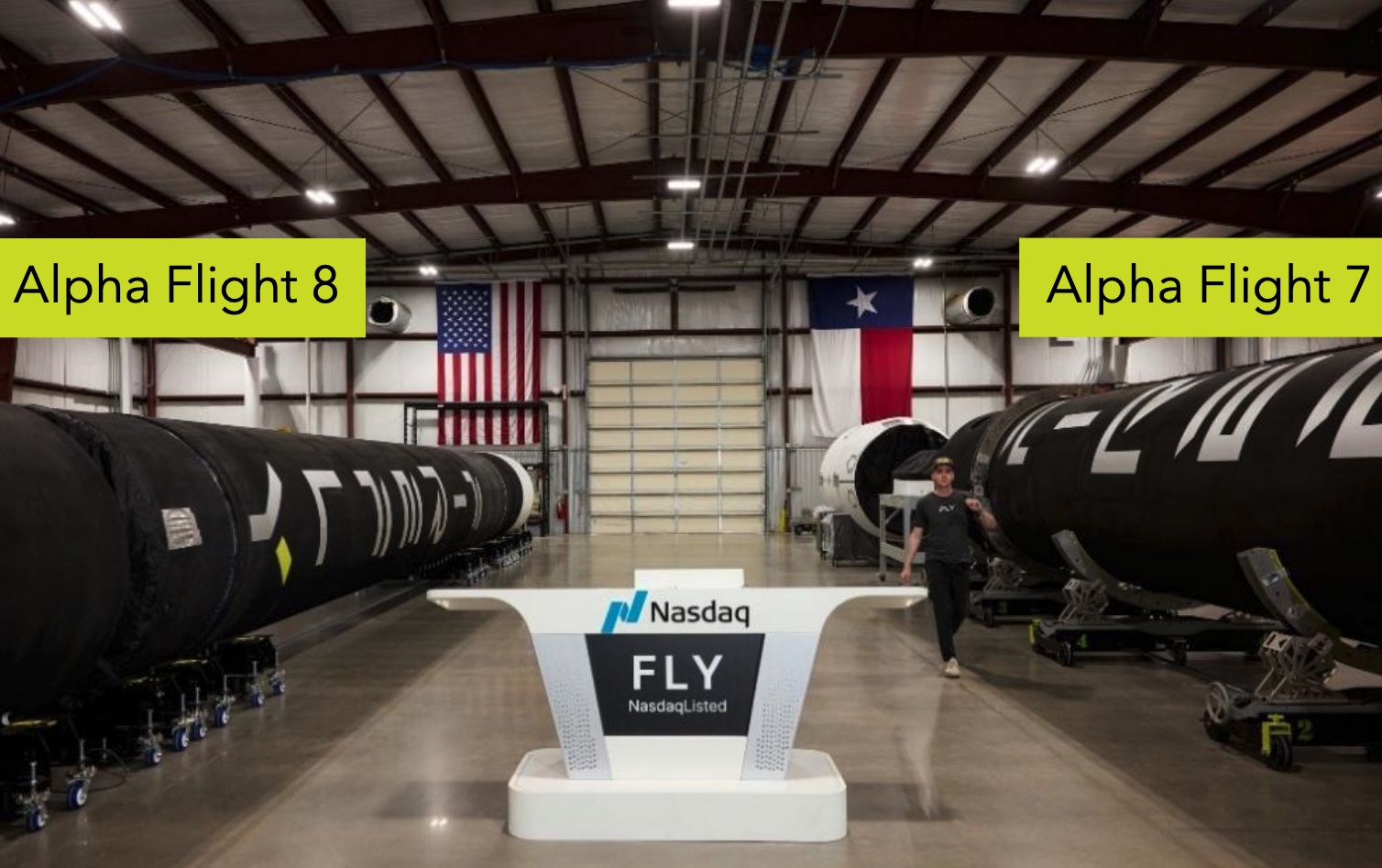

SYDNEY — The booster that was to launch the return-to-flight mission of Firefly Aerospace’s Alpha rocket was destroyed in testing Sept. 29, dealing another setback to the vehicle program.
In a statement Sept. 29, Firefly said the first stage for the Flight 7 mission “experienced an event that resulted in a loss of the stage.” The company said all personnel involved in the incident, which took place at its Briggs, Texas, test site, were safe.
Firefly did not disclose details. Third-party video showed an explosion on the test stand followed by a second explosion about 20 seconds later.
“The company is assessing the impact to its stage test stand, and no other facilities were impacted,” Firefly stated.
The stage being tested was intended for use on the return-to-flight mission for Alpha, carrying a Lockheed Martin payload. Firefly had planned the launch for some time in the fourth quarter but had not disclosed a specific date.
The incident came a week after Firefly, in its first earnings call since going public, said it was making good progress on returning Alpha to flight after a failure in April.
“We expect to launch Flight 7 in the coming weeks,” Jason Kim, chief executive of Firefly, said on the call. “We’re working closely with the range and our customer, Lockheed Martin, to share more details on the mission and payload soon.”
During the call, the company showed both the Flight 7 Alpha rocket and the one for the following mission, Flight 8, side by side in a hangar. Firefly expected both launches to take place before the end of the year.
Firefly received Federal Aviation Administration approval to resume launches in August after completing an investigation into the April failure. That failure was blamed on structural failure of the first stage linked to excessive aeroheating of the booster during ascent.
The loss of the Flight 7 booster adds to Alpha’s checkered history, which has had only two fully successful launches in six attempts. Two launches failed to reach orbit, while two others placed payloads into orbits lower than planned.
Despite past problems, Firefly has been upbeat about Alpha, which can place about one ton into low Earth orbit. Kim said at the Global Aerospace Summit earlier this month that the company was exploring roles Alpha could play in supporting the Golden Dome missile defense system, from launching operational payloads on short notice to launching targets for testing the system.
Firefly announced the incident after the markets closed Sept. 29. Shares in Firefly fell more than 10% in aftermarket trading.
Stay Informed With the Latest & Most Important News
Previous Post
Next Post
-
 01Two Black Holes Observed Circling Each Other for the First Time
01Two Black Holes Observed Circling Each Other for the First Time -
 02From Polymerization-Enabled Folding and Assembly to Chemical Evolution: Key Processes for Emergence of Functional Polymers in the Origin of Life
02From Polymerization-Enabled Folding and Assembly to Chemical Evolution: Key Processes for Emergence of Functional Polymers in the Origin of Life -
 03Φsat-2 begins science phase for AI Earth images
03Φsat-2 begins science phase for AI Earth images -
 04Thermodynamic Constraints On The Citric Acid Cycle And Related Reactions In Ocean World Interiors
04Thermodynamic Constraints On The Citric Acid Cycle And Related Reactions In Ocean World Interiors -
 05Hurricane forecasters are losing 3 key satellites ahead of peak storm season − a meteorologist explains why it matters
05Hurricane forecasters are losing 3 key satellites ahead of peak storm season − a meteorologist explains why it matters -
 06Binary star systems are complex astronomical objects − a new AI approach could pin down their properties quickly
06Binary star systems are complex astronomical objects − a new AI approach could pin down their properties quickly -
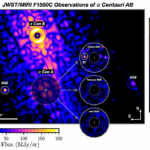 07Worlds Next Door: A Candidate Giant Planet Imaged in the Habitable Zone of α Cen A. I. Observations, Orbital and Physical Properties, and Exozodi Upper Limits
07Worlds Next Door: A Candidate Giant Planet Imaged in the Habitable Zone of α Cen A. I. Observations, Orbital and Physical Properties, and Exozodi Upper Limits












